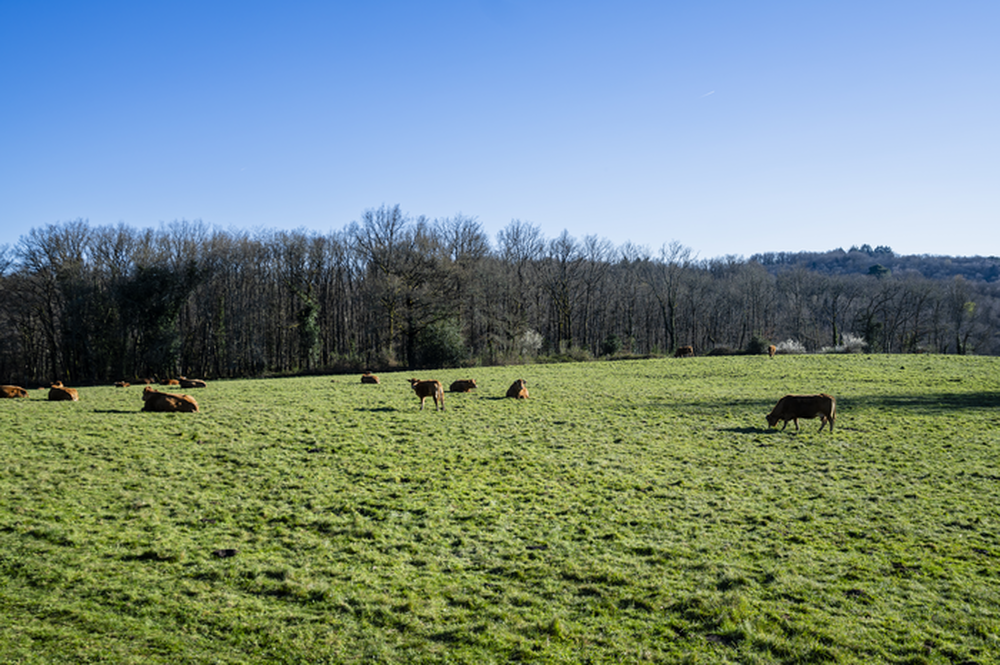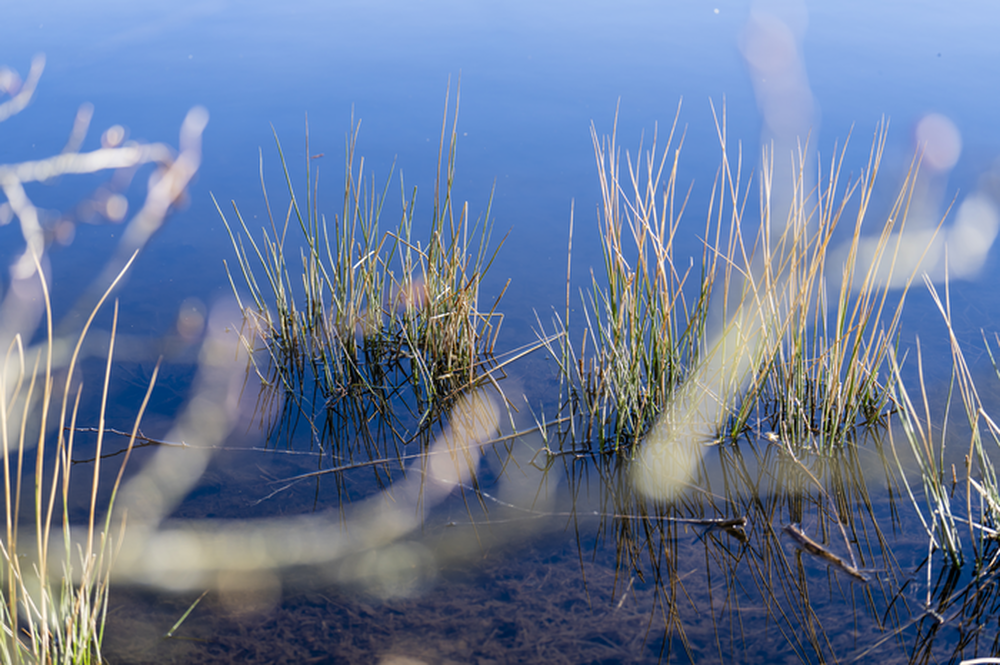
Orano is committed to preserving nature

Preserving Nature by reducing our sources of pressure.
Orano applies an avoid-reduceoffset approach, for example by avoiding protected areas for mining projects. Ecological diagnostics are systematically performed before launching any project in an area of interest for biodiversity. The goal: to identify any protected species in the area and design the most appropriate impact avoidance or reduction, restoration or offsetting measures.
In the mining sector, the Group is prohibited from exploring any site located in a high-risk area for biodiversity, in accordance with the reference framework used by UNESCO and the International Union for the Conservation of Nature (categories 1 and 2).
The group aims to ensure responsible, efficient, and frugal water consumption through:
- a reduction of specific water consumption by at least 25% by 2030 (compared to 2019) for major contributors located in water-risk areas,
- the development of new facilities with minimized water usage, based on an eco-design approach,
- and encouraging our suppliers exposed to water risk to adopt water-saving practices.
Living with Nature on and around our sites.

Several Orano sites are located near areas of ecological interest or manage the site’s own grounds or the surrounding natural area. As such, one of the challenges is to coexist with the surrounding biodiversity by being aware of its value. We implement plans for the differentiated management and elimination of invasive species. An environmental impact study is carried out for each new project, or whenever a major modification to industrial facilities is expected. This is supplemented by regular local audits that use standardized rating methods to monitor and assess the impact of operations on biodiversity.
Orano has set itself the goal of having recent audits (less than 10 years old) for all sites in operation by the end of 2025, in particular for mining sites.
Species like the peregrine falcon, which take refuge on some Group sites, are subject to specific monitoring. On the issue of water, Orano intends to implement a local-level water strategy to anticipate potential usage conflicts, following a “watershed” approach.
Enhancing biodiversity and reporting
Orano is also committed to promoting local biodiversity among stakeholders, reporting on this topic and raising awareness of the need to protect it among the various parties involved, including on-site employees. Partnerships with NGOs, public authorities and experts are also encouraged to benefit from advice and support measures to promote biodiversity.
Orano plans to leverage the group’s innovation to support the preservation of water and ecosystems.
In Kazakhstan, Katco has prepared a reforestation plan covering an area of approximately 12,000 hectares, for a total amount of approximately 15 million euros (of which 2.2 million euros invested in 2024, and 9.1 million euros remaining for 2025).
